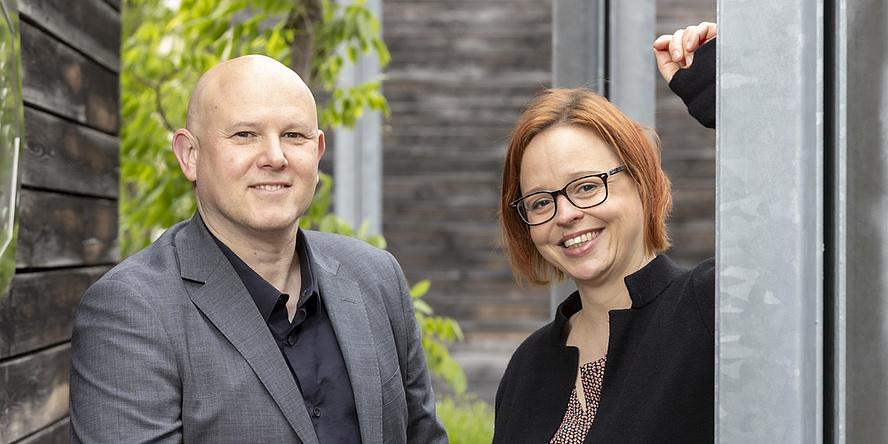If you wanted to draw a scientific parallel to didactics, you could say that didactics is like gravity – it works even if you can't see it. Good didactics means bringing the right variables into play, taking into account learning curves with highs, lows and different speeds and, if necessary, trying out a different approach.
For five years now, the Teaching Academy at TU Graz has been offering extensive opportunities to deal with the constants and variables of teaching and learning. The ‘Basic’ module provides the fundamentals for getting started in teaching. The courses in the ‘Advanced’ module offer the opportunity to develop teaching skills in thematic workshops that can be combined individually. Teaching expertise is not a static quantity; it needs to be continually expanded. However, teaching without reflection is like a perpetual motion machine – a nice idea, but not realistic. Against this background, the ‘Expert’ module, with its teaching portfolio and teaching project, offers interested teaching staff the right tools to reflect on their own teaching and develop it innovatively. The didactic ideas and experiences of the teaching experts are then disseminated with individual contributions to the teaching community at TU Graz, e.g. via the e-portfolio platform Mahara. With the Teaching Academy Focus Talks, a low-threshold format for flexible didactic training in terms of time and location has recently been created.
A sounding board for new ideas in teaching
Just as learning is not a straight path, but sometimes requires detours, the Teaching Academy's development path could not always be planned or predicted. The coronavirus-related suspension of in-person teaching at the same time as the start of the Teaching Academy programme in 2020 was an organisational and didactic challenge for both lecturers and university didactics. It's a good thing that university didactics is not a rigid system of coordinates, but is a flexible and integrative subject area at TU Graz. The intensive collaboration between the Teaching Academy and the organisational units Educational Technology (LLT) and Higher Education and Programme Development (LSE), which began at that time, has not only proved its worth in supporting teaching staff during the coronavirus pandemic, but has also contributed significantly to the success of the Teaching Academy ever since.
One formula for success is therefore the good collegial cooperation between the service units, but at the centre is always the outstanding willingness of many lecturers at TU Graz to work on their own teaching and to share their experiences with the university didactics experts. Good teachers are not machines that spit out knowledge – they are initiators of thought processes. In this sense, the Teaching Academy also sees itself as a driving force not only for the further development of teaching at TU Graz, but as a sounding board. A sounding board where new ideas are reflected upon, further developed and translated into concrete teaching practice.
Are you ready for fresh teaching ideas? Get in touch with us and together we'll get the ball rolling.
The Teaching Academy offers an average of 20 different workshops per semester as well as opportunities for getting advice. Each year, an average of 50 teachers complete the ‘Basic’ module and 10 to 15 teachers complete the ‘Advanced’ module. Around five teachers per year qualify as ‘teaching experts’.

